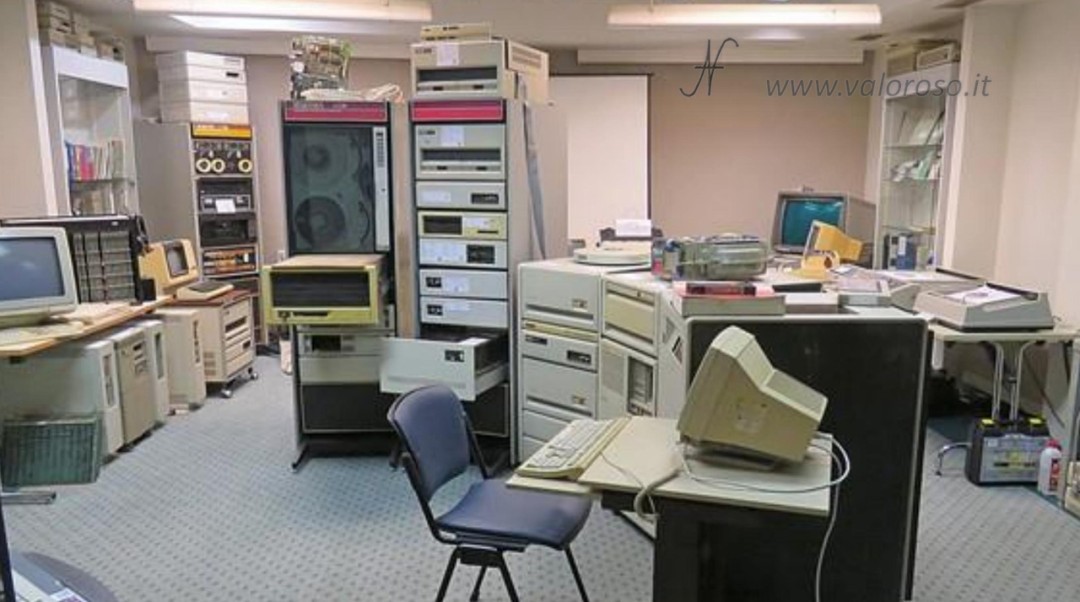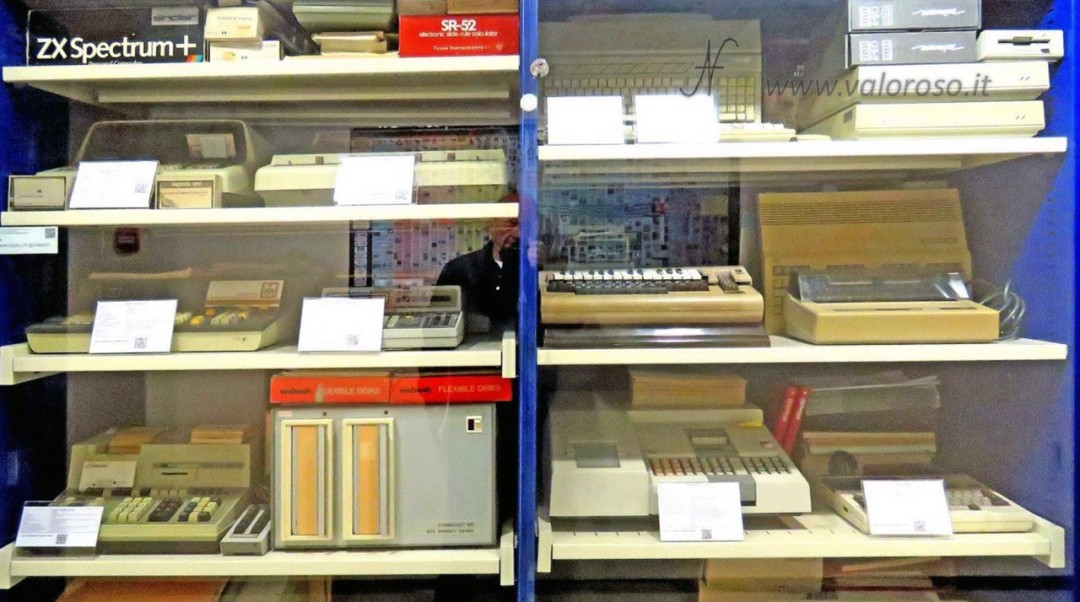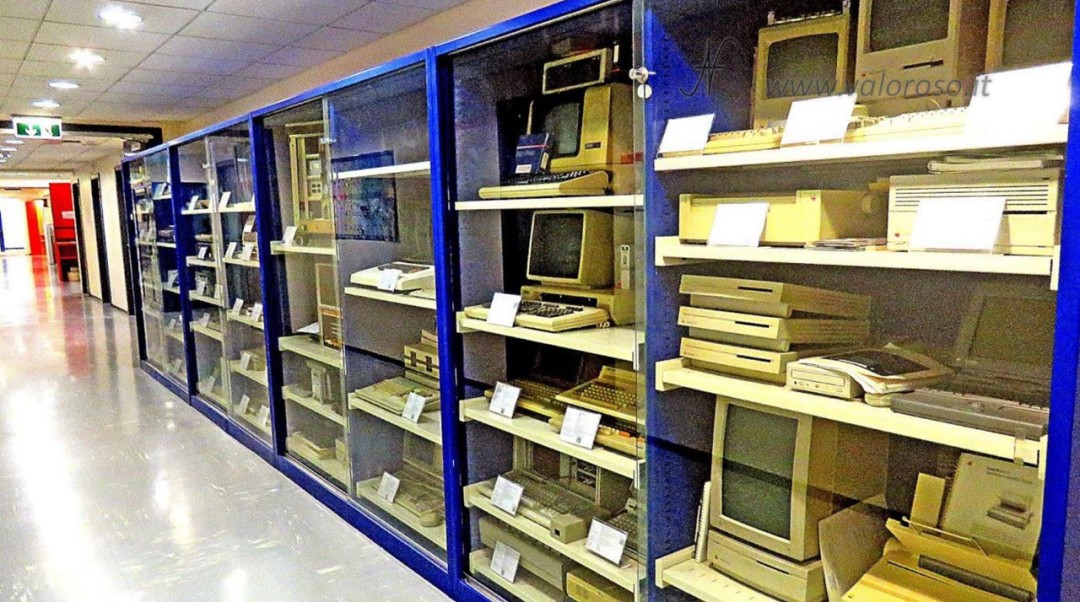In the fast-paced and ever-changing world, it is easy to forget the fundamental steps that led us to today's digital revolution. Fortunately, there are people who strive to preserve the historical heritage of computing, and the Association for the History of Computing of Italian Switzerland (AStISI) is an extraordinary example of this mission. Watching the video of the lecture given by Prof. Carlo Spinedi, we will explore the outstanding work done by AStISI and dive into the details of their impressive collection of computers, especially HP (Hewlett-Packard) and DEC (Digital Equipment Corp) systems.

AStISI: knowing the past to understand the present
AStISI, o Associazione per la Storia dell'Informatica della Svizzera Italiana, è un'organizzazione dedicata a conservare e valorizzare il materiale e le conoscenze relative alle tecnologie dell'informatica. Non solo conserva i computer dismessi dalla SUPSI, la Scuola Universitaria Professionale della Svizzera Italiana, ma anche la documentazione e i sotware originali vintage. Fondata dal Prof. Carlo Spinedi, l'associazione ha un motto chiaro: "conoscere il passato per capire il presente".
AStISI's Computer Collection: HP and DEC
The precious treasure of AStISI is the collection of computers. This collection spans a wide range of systems, including several HP and Digital computers.

Among the most notable pieces of AStISI's HP collection, the HP 9800 stands out: it is a desktop computer produced by Hewlett-Packard in the 1970s. Other fascinating pieces in AStISI's collection are computers produced by DEC, including: PDP-8 (12-bit computers produced from 1965 to 1974); PDP-11 (16-bit computers produced from 1970 to 1997); VAX 11/780 (32-bit computers produced since the late 1970s) and many others. These computers represent an overview of the history of computing, from mechanical machines to the most advanced systems of the 2000s.
Challenges and Mission
Preserving these relics of computing is no easy task. AStISI faces numerous challenges, including finding permanent spaces for the collection, preserving systems in a functioning state, and engaging new generations in the history of computing.

One of the main challenges is finding permanent spaces for the collection. AStISI is currently actively seeking solutions to this problem, involving the Swiss State, universities and municipalities. Preservation of the collection requires adequate spaces to display the systems and allow the public to explore the history of computing.

Preserving systems in a functional state is another crucial challenge. The hard drives, power supplies, plastic, and magnetic media in these computers can degrade over time. AStISI devotes considerable effort to keeping these systems up and running for future generations.
Finally, AStISI is committed to ensuring the generational transfer of this knowledge. Involving young people is essential to prevent the historical memory of information technology from being lost over time. The association is interviewing people who have contributed to the evolution of computing, helping to document and share this precious knowledge.

Interesting?
Here's who helped make this conference so interesting.

Speaker: Carlo Spinedi
Presenter: Sergio Gervasini
Riprese e audio: Fabio G. "BioMassa" Massa, Mariangela Sapia
The past of computing is fascinating! For further interviews and conferences on Varese Retrocomputing 2023, as well as other topics related to vintage computers, I invite you to subscribe to the YouTube channel @ValorosoIT.